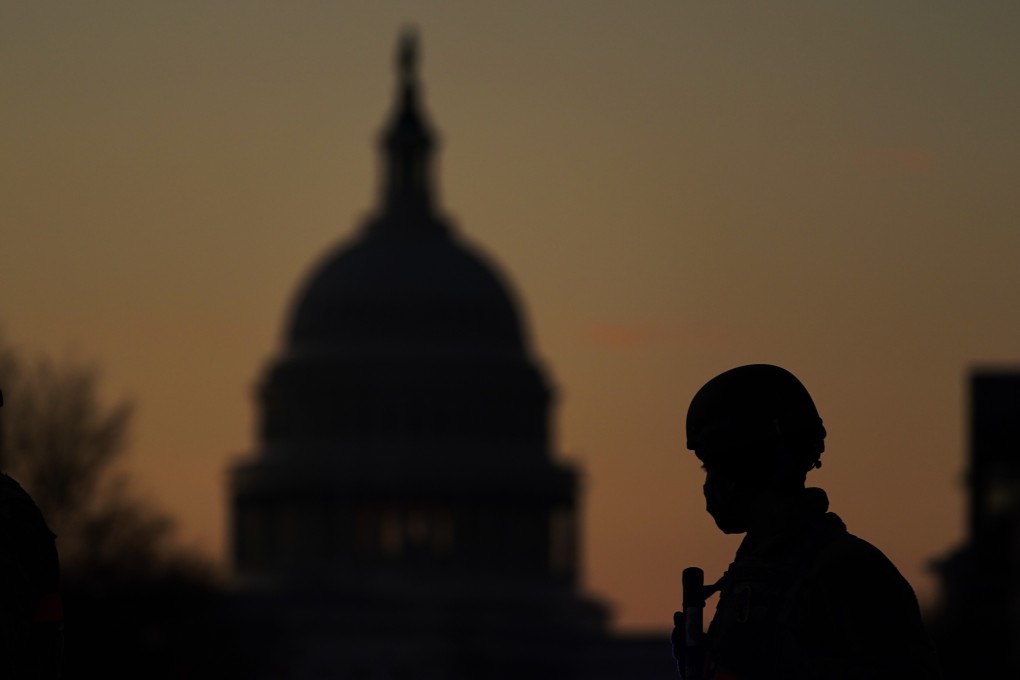China reckons US democracy is imploding but could be missing the point
- Academics argue Beijing’s view that the democratic system is failing is based on a fundamental misunderstanding
- Checks and balances were tested by the Trump administration but they held, and that could be sign of the system’s strength, they say

Academics say the flaws in US politics are there for all to see, but the China narrative often reflects misunderstandings about how a democratic system works. And, while American democracy may have taken some body blows under outgoing president Donald Trump, they argue it is not out for the count.
Trump’s opponents say the attacks in Washington were the culmination of his attempts to undermine the US system of elections and a governance built on constraining power. But, while parts of the system buckled – as he took advantage of decades of increasingly powerful presidents and Congressional willingness to cede responsibility – the judiciary and other parts of the structure held.

03:48
US House impeaches Trump for inciting deadly Capitol attack
Despite Trump naming three Supreme Court justices, the country’s highest court rejected a Texas lawsuit by the president’s camp alleging election fraud and seeking to throw out results of the 2020 presidential election in four states. State and federal courts rejected all but one of 62 legal challenges to the results, according to election law specialist Marc Elias, who worked with the Biden campaign.
“By and large, the constitutional powers of Congress, the minority party in Congress, the judiciary, have limited the excesses” of Trump, said Richard Boucher, a fellow at Brown University’s Watson Institute and former US consul general in Hong Kong. “Time and again they checked him.”
Cadre confusion
The concept of a system built on checks and balances is unknown in China, where Communist Party rule is absolute. This was highlighted for German academic Andreas Fulda in 2010, when he taught a course on government relations with civil society to 20 members of the Chinese Communist Youth League.